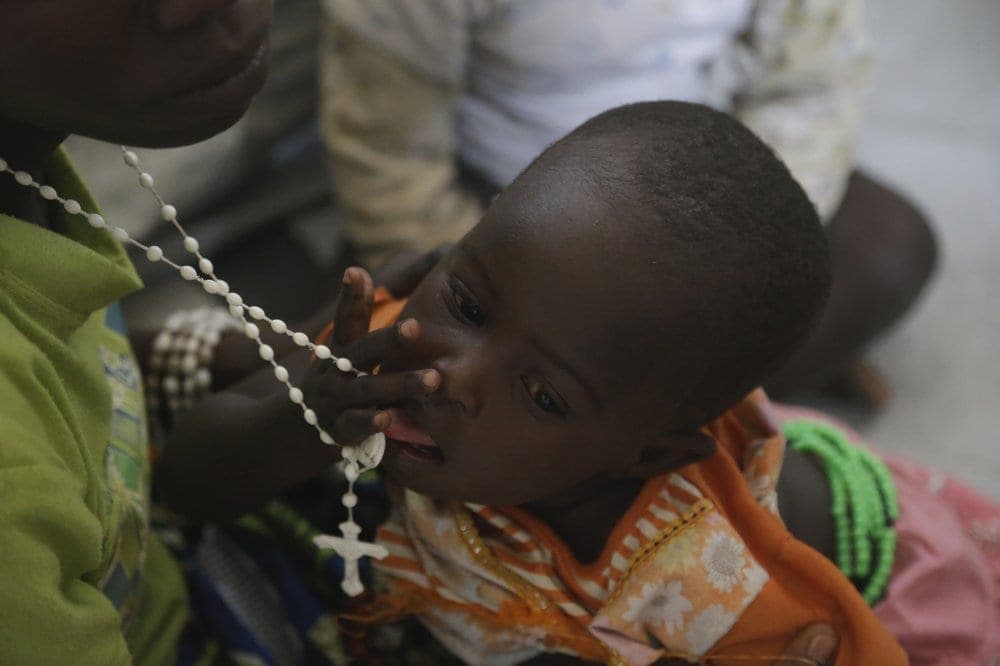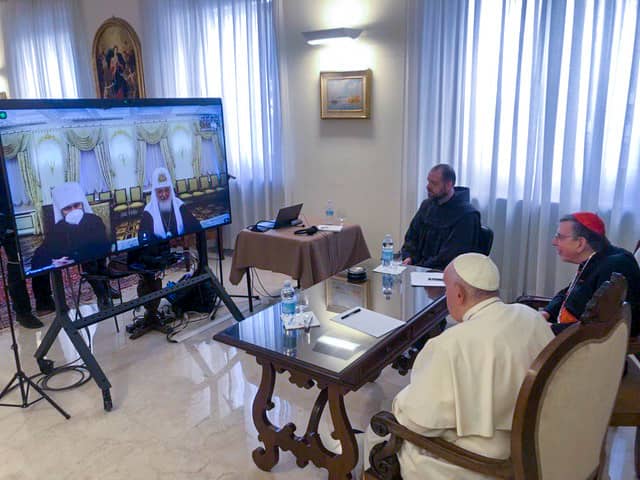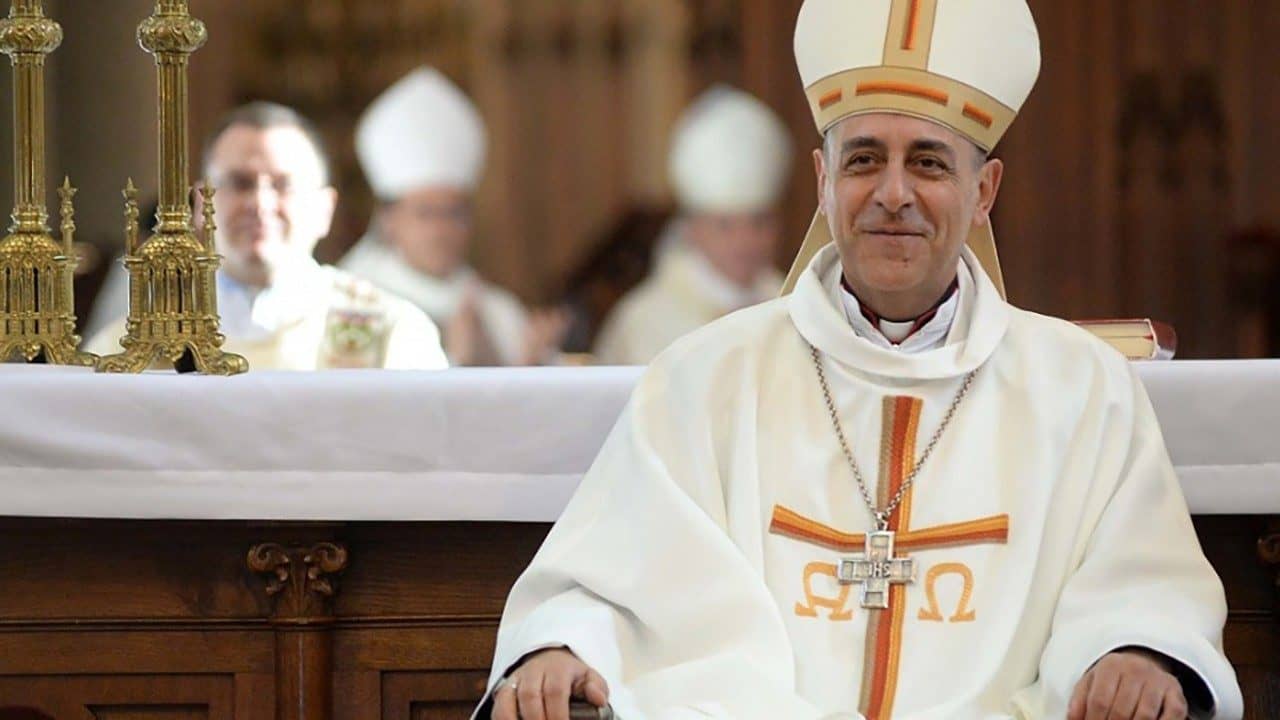One of Nigeria’s leading prelates has warned that the president’s recent actions against the African nation’s small Shi’ite minority is a threat to religious freedom for all believers in the country.
On July 26, a Nigerian court banned the Islamic Movement in Nigeria (IMN), accusing it of “terrorism and illegality.”
Nigeria’s 182 million people are nearly evenly divided between Christians and Muslims; however, the vast majority of the Muslims are members of the Sunni branch of Islam.
Shia Islam is a recent import to the country, and most of Nigeria’s 2-4 million Shi’ites are followers of Sheikh Ibrahim Zakzaky, the leader of the IMN.
Zakzaky came to prominence in the aftermath of Iran’s revolution, when the Ayatollah Khomeini became an icon of anti-Western Islam around the world, including among many Sunnis.
Technically, the IMN is open to Sunnis, too, although it is mainly a vehicle for organizing Shi’ites.
Because of its recent origins and Iranian influences, Nigeria’s Shi’ites have been viewed with suspicion by the country’s Sunni Muslims, and been subjected to discrimination and persecution.
Zakazky has been in custody since 2015, when a raid on his residence left hundreds of his followers dead.
The sheikh was later ordered released by a court, but the government refused; deadly clashes at demonstrations in the capital demanding his release are what led to the judicial order calling for the banning of the IMN.
The government accused the group of “terrorist activities, including attacking soldiers, killing policemen, destroying public property and consistently defying state authority.”
The members of the IMN blame the security forces for the violence, and claim their demonstrators aren’t even armed.
Cardinal John Onaiyekan, the Archbishop of Abuja, said the actions against the country’s Shi’ites is a worrying development.
“From my own understanding, the protests were always peaceful, and we never saw them armed,” he told Vatican Radio on July 30.
“Personally, my own position is that we cannot keep quiet and allow this kind of thing to keep going on,” the cardinal said. “If the Shi’ites break the law of the land they should be held accountable … but to simply proscribe them, it is going too far.”
The same day, Onaiyekan spoke to reporters in the capital about the issue.
“I am not a Muslim but if I was a Muslim, I will also fight for the freedom of every Muslim because freedom of religion is not just freedom between two religions, there is also freedom within religions,” the cardinal said, according to Legit.ng, a Nigerian news portal.
“Their leader has been under detention against court orders, ordering that he be released, a court order that we have been told very bluntly that has been rejected by the executive,” the prelate continued.
“I don’t know what would have happened if I was detained unjustly or even for any reason and the court orders my release and they refuse to allow it, I don’t know if anyone will be able to stop the Catholics from protesting,” Onaiyekan said.
President Muhammadu Buhari was re-elected this year, despite the simmering tensions with Nigeria’s Christian population, which is concentrated in the south of the country.
The Catholic bishops have accused the president of not doing enough to combat Muslim herdsmen from attacking mostly Christian farmers in Nigeria’s “Middle Belt” – where the Muslim north meets the Christian south.
Christian leaders have also accused the president of favoring his Sunni Muslim coreligionists in appointments, funding, and other policy areas.
Onaiyekan’s defense of Shia Muslims, therefore, is also a reminder that a greater commitment to pluralism is needed, and it needs to move beyond the Christian-Muslim divide that has always permeated Nigerian society and include the minorities within the Muslim community.
(Christians are used to divisions, since there isn’t a dominant denomination in the country. Catholics are the largest single group, making up 25 percent of Nigerian Christians.)
This is especially important, since the influence of Muslim fundamentalists is growing in the country, with the most prominent example being the Boko Haram militants active in northeast Nigeria.
Many observers blame this influence on funding from Saudi Arabia, which uses its vast oil money to promote its strict Wahhabi version of Islam around the world.
In fact, the present crisis with the IMN is seen by many as another proxy conflict between Saudi Arabia and Iran, albeit less devastating than the civil war in Yemen, where the two Muslim powers are backing different sides.
Onaiyekan is well aware that the present crisis in the Middle East is being fueled by intra-Muslim conflict: Iraq’s once-powerful Sunni minority vs. the resurgent Shia majority; Syria’s Sunni majority battling a regime controlled by Bashar al-Assad’s Alawites (itself a minority sect within Shia Islam).
Sunni-Shia clashes also break out in other areas of the Gulf, Pakistan, Indonesia, and anywhere else significant populations to the two main branches of Islam coexist. The fingers of Saudi Arabia and Iran are often suspected in these events, with varying degrees of plausibility.
What is common to most of these conflicts is that the local Christian community is often caught in the middle, or even targeted by both sides.
Church leaders don’t want that happening in Nigeria and defending the country’s Muslim minorities is an important show of solidarity.
“Nobody is safe,” Onaiyekan told Vatican Radio.
“Today it’s the Shi’ites; tomorrow it could be us Catholics, too.”
Follow Charles Collins on Twitter: @CharlesinRome
Crux is dedicated to smart, wired and independent reporting on the Vatican and worldwide Catholic Church. That kind of reporting doesn’t come cheap, and we need your support. You can help Crux by giving a small amount monthly, or with a onetime gift. Please remember, Crux is a for-profit organization, so contributions are not tax-deductible.

















